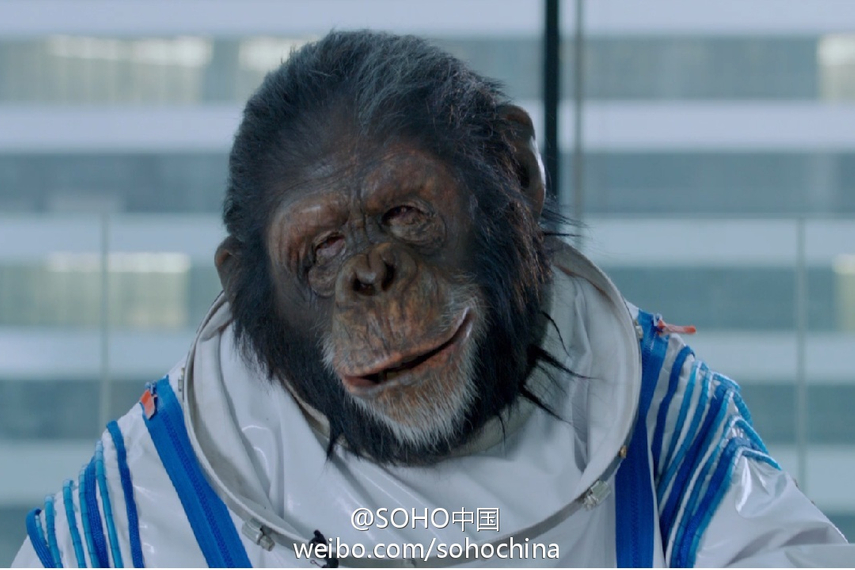
Please sign in or register
Existing users sign in here
Having trouble signing in?
Contact Customer Support at
[email protected]
or call+852 3175 1913
MAINLAND CHINA - Commercial real estate developer Soho China's branding campaign for the launch of the Galaxy SOHO in Beijing was not what it first seemed—involving a monkey from outer space that beseeched the country to stop being a copycat empire.

Contact Customer Support at
[email protected]
or call+852 3175 1913
Top news, insights and analysis every weekday
Sign up for Campaign Bulletins
From overcoming personal challenges to becoming a beacon of leadership, Phathanathong’s grit and strategic vision have made ADA Thailand a key player in the digital marketing landscape.
Catch up on our weekly roundup of people moves and pitch wins, with the latest updates from oOh!media, Supersolid, CulturalPulse, Greenpark and more.
In a campaign built around three 90-second AI-powered radio spots, the FMCG brand partners with FCB to convey that some kids just need more time to overcome bedwetting.
In a world where money slips away faster than acorns in a storm, Samsung and BBDO Bangkok offer a hilariously smart solution: Don’t lose what AI can save.